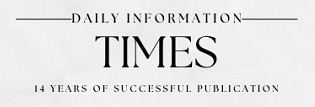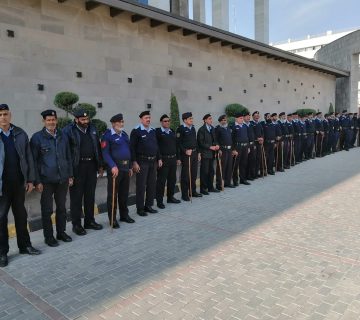KARACHI, June 09: Minutes after Prime Minister Shehbaz Sharif addressed the federal cabinet and gave an impassioned speech about the impact of inflation on the masses – especially the salaried class – the cabinet approved a 30% increase in salaries of government employees. It has also proposed raising minimum wage to Rs30,000 per month.
Earlier today, the prime minister addressed a meeting of the federal cabinet prior to the presentation of the budget for the financial year 2024 (FY24) and said that at a time when people are reeling from inflation, salaries of the workforce should be increased. At the same time, pensions should also be raised.
Elaborating on the impact inflation has had on the country and the salaried class, the PM said, “The value of pension and monthly payment has depleted to nearly half due to rupee devaluation. It is our responsibility to increase salaries for the sake of survival and address pensioners’ issues.”
He added that the common man is being crushed under the weight of inflation and in order to address this, salaries – along with pensions – must be increased.
“We faced $30 billion losses due to the devastating floods of 2022,” he said, adding that the Ukraine war led to a significant increase in commodities prices in the global market, which forced the government to pay billions extra for buying commodities.
Commenting on the International Monetary Fund (IMF) programme, the premier maintained that the incumbent government has met the IMF’s major conditions. “Now there is no hurdle in finalising the IMF agreement, and hopefully the agreement will be reached by the month’s end.”
He said that he spoke to the Managing Director of the IMF Kristalina Georgieva and, on her request, Pakistan took a couple of major initiatives to meet the lender’s objectives.
“Before the end of the current month, the IMF board will review Pakistan’s case,” the premier detailed.
He continued that China provided immense financial support which was extremely helpful, while Saudi Arabia and the UAE helped fill the gap of the $3 billion requirement from the IMF. The premier maintained that Pakistan was “thankful” for the $3 billion financing commitments from friendly countries.
The prime minister said the current account deficit improved in the past few months, adding that it reduced to only $3.4 billion, which was “a big relief”.
He stated that the government was aware of the difficulties being faced by the common man in these testing times when prices are high.
“Farmers have worked hard and have got better prices for their produce, but the productivity of crops, which has increased twice or thrice in many countries, has not improved much,” he said.
Shehbaz further added that if Pakistan invested in agricultural reforms and brought value-added change with storage facilities, it could produce export worth billions.
“Economy must move forward but it is pertinent to note that globally the economy goes hand in hand with political stability; the same goes for Pakistan,” the PM said. He added that if political instability continues, investment of billions will bring no result. Our focus is to restore political stability.
Commenting on the global price of energy he said, “Gas prices have gone down in the international market, which is expected to provide economic relief as Pakistan will get the commodity at relatively better prices.” He added that inflation is a global problem and not just confined to Pakistan. He said that, foreign payments have put pressure on the country’s foreign currency reserves.
According to a source, total spending is expected to be 14.5 trillion rupees ($50.54 billion), with 1.8 trillion rupees going to defence, reported Reuters.
The fate of Pakistan’s struggling economy hangs on the upcoming budget as the nation grapples with a severe crisis. To secure much-needed bailout funds, the government must satisfy the IMF, while also preparing for an impending general election scheduled for November. The budget’s ability to navigate these challenges will determine the country’s economic trajectory and shape its political landscape in the months ahead.




No comment